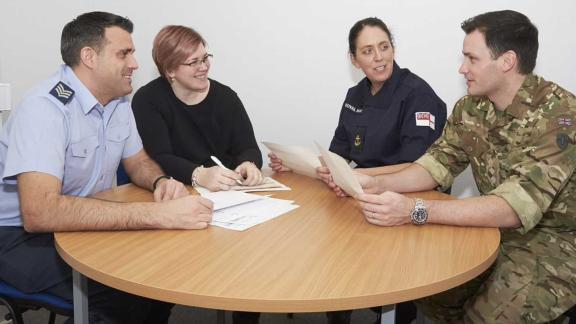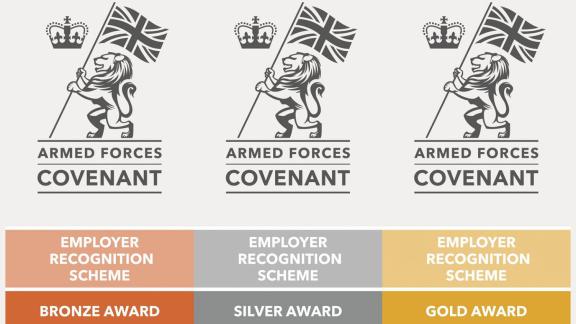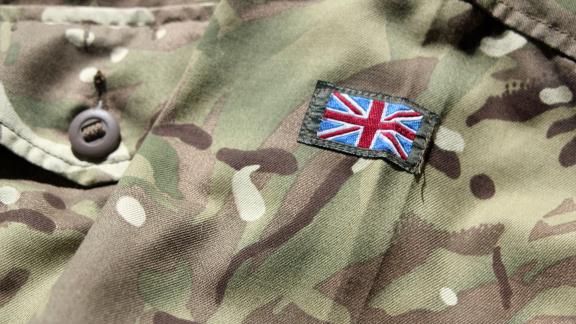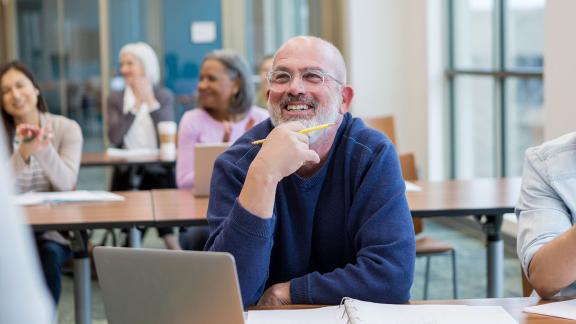Serving with strength: how reservists enrich our workforce

Key benefits and outcomes
The trust signed the Armed Forces Covenant in December 2022 and proudly holds the Gold Defence Employer Recognition Scheme (ERS) award.
Reservists learn skills in the military that are taught in a different way from those in civilian life, particularly around thinking on your feet in an emergency. Military leadership training starts from the day you enter service, with the ethos that all personnel are leaders. This brings confidence to our Reservists which manifests in how they undertake their roles here at the hospital. They often view things from different perspectives and are incredible problem solvers. Hosting ten reservists (with more in recruitment), the trust benefits daily from their leadership, resilience, and problem solving skills.
What the organisation faced
While the trust did not face specific barriers, it recognised the importance of formalising support for reservists. Seasonal population surges and the island’s geographic isolation highlighted the need for agile, well-trained staff. All qualities that are found in reservists.
The trust also looked for ways to further embed reservist values of compassion, accountability, respect and everybody counts. To help achieve this, it recognised the importance of recruiting staff from all walks of life, who can bring a variety of experiences to improve and enhance care for our patients.
What the organisation did
The Isle of Wight NHS Trust began its Armed Forces Covenant journey by achieving the Bronze Award and becoming a Veteran Aware organisation. Recognising that it was already meeting most Silver Award criteria, it developed a plan to fulfill the remaining requirements, driven by a commitment to support the island’s military population, which makes up over 10 per cent of residents.
Achieving silver led to a natural progression toward gold. With support from its regional employment engagement director, the trust submitted evidence of its ongoing work. Since then, it's continued to champion Armed Forces support, helping other organisations on their journey and exploring new ways to serve military personnel, veterans, and their families.
The trust implemented a dedicated Reservist and Cadet Force Adult Volunteers Policy, which includes:
- two weeks of paid leave for mandatory training
- flexible shift arrangements to accommodate additional military duties
- clear guidance for managers on deployment and reintegration.
The trust also offers:
- a buddy scheme for ex-military staff
- a monthly breakfast club externally sponsored by a veteran of the Royal Navy
- a quarterly support meeting open to all reservists and Cadet Force Adult Volunteers
- a guaranteed interview scheme for veterans.
Results and benefits
During the COVID-19 pandemic, reservists played a critical role:
- One of the trusts's reservists is an Army officer and, in the lead, up to the peak of the pandemic, it was agreed that the trust should have field hospitals available with extra beds to accommodate the predicted additional admissions. Being an offshore island, the trust doesn't have the back up of being able to transfer to the nearest hospital quickly if there is a sudden influx of patients. The reservist worked with the regular Army and turned the education centre, day hospital and medical records facilities into field hospitals, all within a couple of weeks.
- Also during the pandemic, one reservist, supported the Ambulance Service on his days off, smoothly transitioning into the role using military skills he had acquired.
These examples highlight the adaptability and dedication of reservists, especially in crisis situations which were beneficial to the trust during the Covid pandemic.
Key takeaways
“Go for it!” says Mandy Blackler, business manager and trust veterans management champion.
"Supporting reservists is more than policy, it’s a culture of respect and empowerment. The skills they bring back from military service enrich the NHS and strengthen patient care.
It’s the right thing to do. Giving them the two weeks paid leave for their training is no different from having one of your team on holiday, but they will repay you threefold with the skills and experience they bring back with them"



